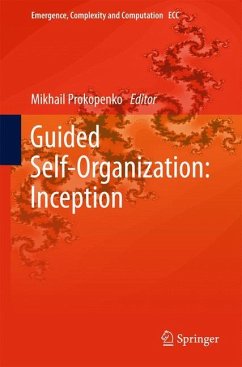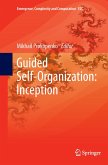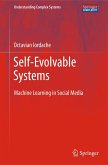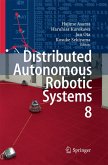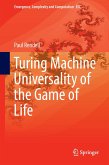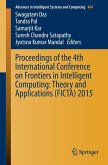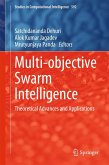Is it possible to guide the process of self-organisation towards specific patterns and outcomes? Wouldn't this be self-contradictory? After all, a self-organising process assumes a transition into a more organised form, or towards a more structured functionality, in the absence of centralised control. Then how can we place the guiding elements so that they do not override rich choices potentially discoverable by an uncontrolled process?
This book presents different approaches to resolving this paradox. In doing so, the presented studies address a broad range of phenomena, ranging from autopoietic systems to morphological computation, and from small-world networks to information cascades in swarms. A large variety of methods is employed, from spontaneous symmetry breaking to information dynamics to evolutionary algorithms, creating a rich spectrum reflecting this emerging field.
Demonstrating several foundational theories and frameworks, as well as innovative practical implementations, Guided Self-Organisation: Inception, will be an invaluable tool for advanced students and researchers in a multiplicity of fields across computer science, physics and biology, including information theory, robotics, dynamical systems, graph theory, artificial life, multi-agent systems, theory of computation and machine learning.
This book presents different approaches to resolving this paradox. In doing so, the presented studies address a broad range of phenomena, ranging from autopoietic systems to morphological computation, and from small-world networks to information cascades in swarms. A large variety of methods is employed, from spontaneous symmetry breaking to information dynamics to evolutionary algorithms, creating a rich spectrum reflecting this emerging field.
Demonstrating several foundational theories and frameworks, as well as innovative practical implementations, Guided Self-Organisation: Inception, will be an invaluable tool for advanced students and researchers in a multiplicity of fields across computer science, physics and biology, including information theory, robotics, dynamical systems, graph theory, artificial life, multi-agent systems, theory of computation and machine learning.

